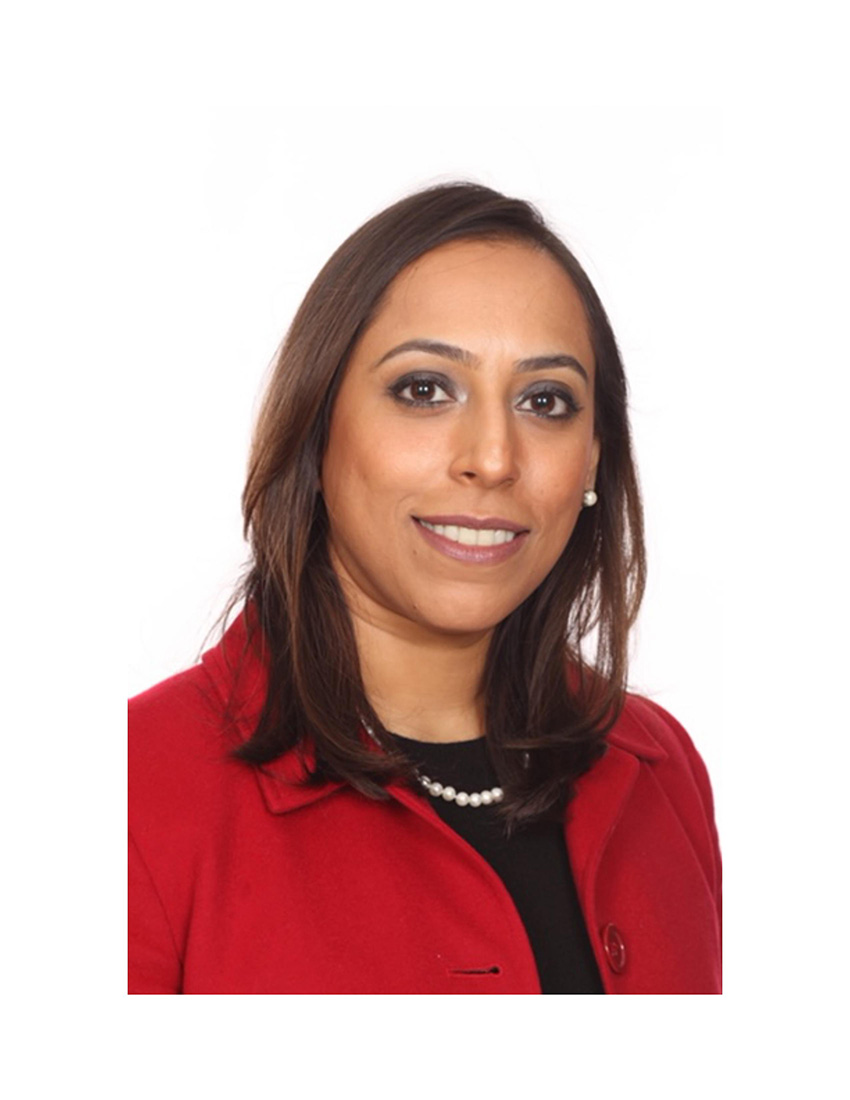by Devika Kamboh
CEO & Founder, Sohum Financial Planning, LLC
This article is composed of edited excerpts from an interview with Devika Kamboh, a Certified Financial Planner and the CEO & Founder of Sohum Financial Planning, LLC. For further information and consultation, visit www.SohumFinancialPlanning.com. The full interview appears in the March-April edition of PeakLife Magazine.
“Financial planning is about hoping for the best while planning for the worst.”
Over millennia, women have been key to keeping the social fabric together in any society through their unique contributions, whether this was in times of crippling pandemics, world wars or natural disasters. Most recently, as we still navigate through the COVID pandemic, women have again sacrificed more than their male counterparts while many times juggling the additional burden of being the only breadwinners in their households and playing the dual role of default caregivers. Given these higher risk exposures, custom advice given to women clients should be distinctly different when tailoring a financial plan, specifically in a single income household, which can be caused due to women being single parents, unmarried caregivers to their parents, siblings, etc., widows, and a combination of other factors. The following suggestions are therefore for both parents of girls and women, their significant others or spouses—same sex couples or others—and for their adult children. As a life-time advocate for women, I am specifying these examples as they play a key role in the financial wellbeing of women and also empower them to handle unplanned or planned problems and adverse life events better, and give them a higher probability of success in overcoming any financial pitfalls.
Firstly, parents and grandparents of a girl child should ensure that they are educated well during their dependent years, and encourage their natural talents towards professions that suit them, given their unique skills and aptitudes. Do not be in a hurry to marry them off. This will result in well-rounded adults, who are more adept at attracting and keeping high-paid jobs or become better entrepreneurs, should they choose to become business owners.
Secondly, parents should also attempt to save towards a retirement fund that would cover their healthcare and financial needs to a certain extent, if not fully, so that their daughters and daughter-in-laws do not have to give up good jobs or their business to take care of them at the risk of losing much-needed income. Life insurance should be taken by all if they are insurable, and daughters should be made beneficiaries so that they will have recourse to a stable legacy of financial wellness, in the event that they are impacted by an adverse life event and are unable to work and support themselves financially. Do not make them dependent on their future or current spouses and give them a means for economic independence.
Finally, women themselves should follow the below-mentioned suggestions in general, if they resonate; some of these tips would work for all clients:
Invest in your education or trades depending on your aspirations and aptitude. Do not compromise on that as it could be critical in later years, when in a competitive career or business environment.
Women tend to live longer than men and therefore have distinctly different financial planning needs with respect to mortality and morbidity issues. When having to choose between saving for your personal financial stability versus saving for post high school education of your child or children, please choose yourself. This is one of the key factors which can decide how well a woman can handle a financially adverse landscape and the level of stress that comes with it.
When in your peak earning years, keep a higher amount of savings in an emergency fund that can support you for at least two years if needed (versus a six month to one year period of savings for a two-income household) and this should go a long way for effectively tackling job loss, or being a sudden single wage earner, caregiver, etc.
When in a traditional family with a ‘husband and wife’ dynamic, do not compromise on career development for the sake of your spouse without fully discussing its repercussions with your spouse or a third-party objective mentor. If you chose to take a step back from your career due to a pregnancy or for your spouse/significant other’s career development, then set up a rainy-day fund for just you so that in the event of a divorce/separation/death/disability, you are taken care of and ‘reimbursed’ for the loss of income that you made the sacrifice for.
If you are the higher wage earner, set up pre or post-marital agreements that protect your financial interests against unplanned divorces, etc.
Risk management is a key recurring theme when looking at all these issues, so one strategy recommended to most clients is to plan for such adverse events by taking adequate life insurance on each other. Also, take long term disability insurance coverage so that if you are in an accident or become disabled during your working years, it helps replace your earned income and helps you stay financially independent.
Last, as you approach your retirement years, you could potentially find yourself in the ‘sandwich generation’, having to take care of elderly parents while also being parents to your young/dependent children. Following the recommendations of a healthy emergency fund that is mostly liquid or cash-like assets helps, in addition to having long-term care insurance policies that help you fund care as you age, without being a financial or physical burden on your own children down the road.
Just like I would advise parents to plan for retirement and health care funds for maintaining financial independence in the retirement years, the children of single mothers, widows and parents can also help plan for deteriorating health and general ageing by creating similar funds for their own parents and mothers, especially as they will tend to outlive their male spouses. Employed or business-owner children can also pool funds to help purchase life, health, disability and long-term care policies for their mothers and/or parents so that they can help source professional care, without having to compromise on their own quality of life or sacrifice work or income-earning capability by becoming an unplanned caregiver, both physically and financially.
Lastly, all women should take some type of personal finance course in addition to their focus study area during the high school to college years, as this will be a good investment in their ability to make financial decisions effectively. Another option is to read personal financial books or be part of a women’s club which can also play the dual role of being a support system during stressful periods.
To summarise, being proactive and planning for these types of life events across your family generations makes the risk less stressful and specifically gives the women more options, instead of firefighting and compromising your own financial security and well-being. Financial planning is about hoping for the best, while planning for the worst.
About the Author
Devika Kamboh is a Certified Financial Planner professional who founded Sohum Financial Planning, LLC in 2019, after moving her previous business, Kamboh Financial Planning, from New York City to Pagosa Springs, CO. ‘Sohum’ in Sanskrit means to be in balance with the universe. Her aim is to create this experience and state of complete well-being for all her clients, starting with a sound financial plan as the foundation to reach their life goals. Before starting her career in the financial sector in New York in 1999, she earned a Bachelor’s degree in Economics from the Lady Shree Ram College for Women in India, and an MBA degree from the Strathclyde Graduate Business School in Scotland. As a 20-year industry veteran, she focuses on addressing complex financial planning issues for individuals, business owners and corporations through a broad range of holistic services. She has held high-profile leadership positions as the President of the Financial Planning Association of New York (FPANY) in 2018 and a Board member of the New York Chapter of Women in Insurance and Financial Services (WIFS), to name a few. She has volunteered at various non-profits to help spread financial literacy, and has provided educational workshops to parents and caregivers of dependents with special needs. She has hosted seminars for physicians and affluent professionals, while continuing her pro bono work helping local communities. She is currently creating programs that help non-profit organisations collaborate more effectively. In 2019, she founded the Sohum Global Foundation, which focuses on women and children at risk, veterans with special needs, and nature conservation efforts.












